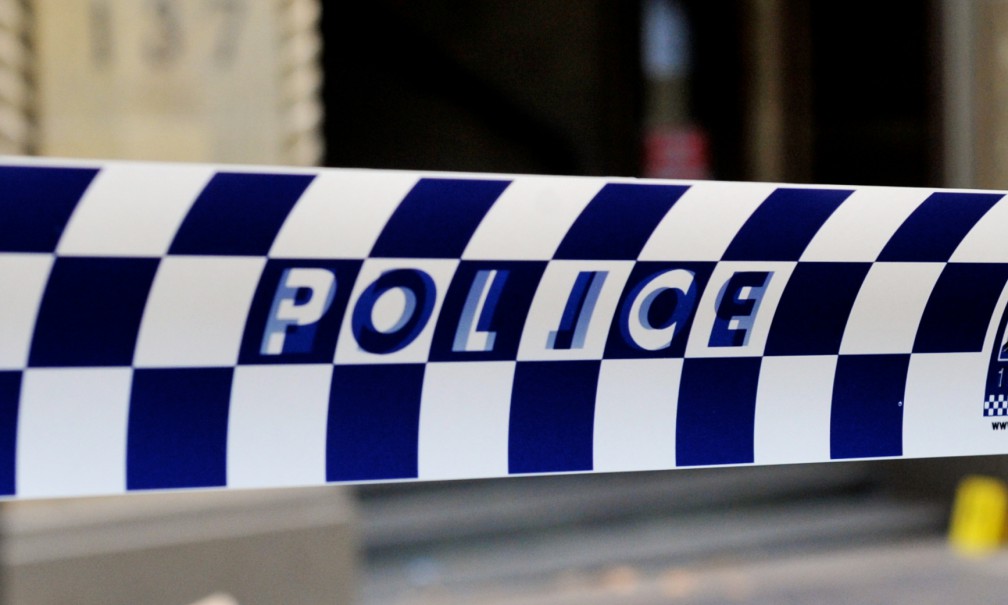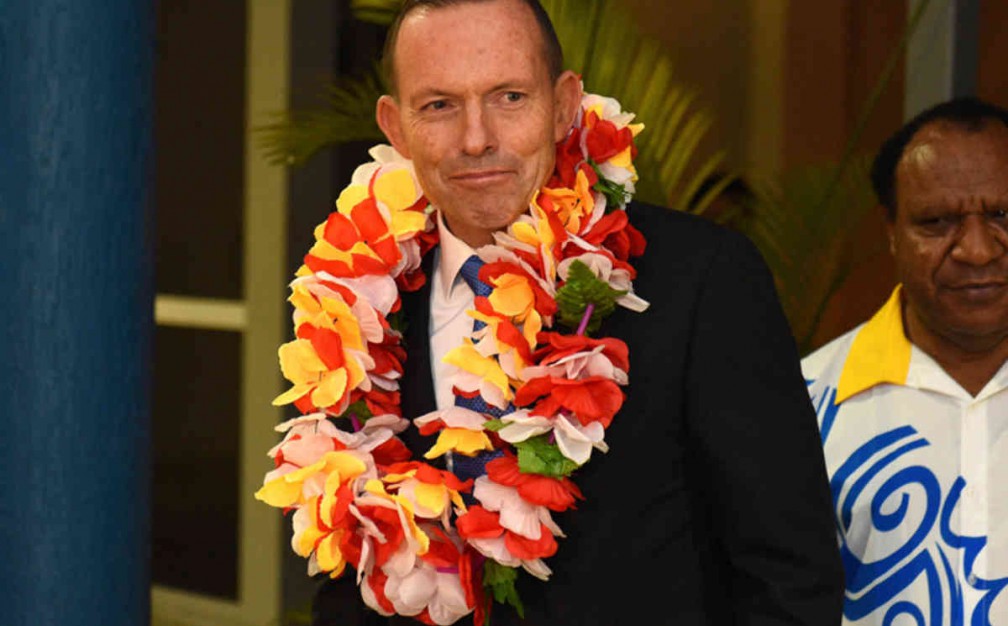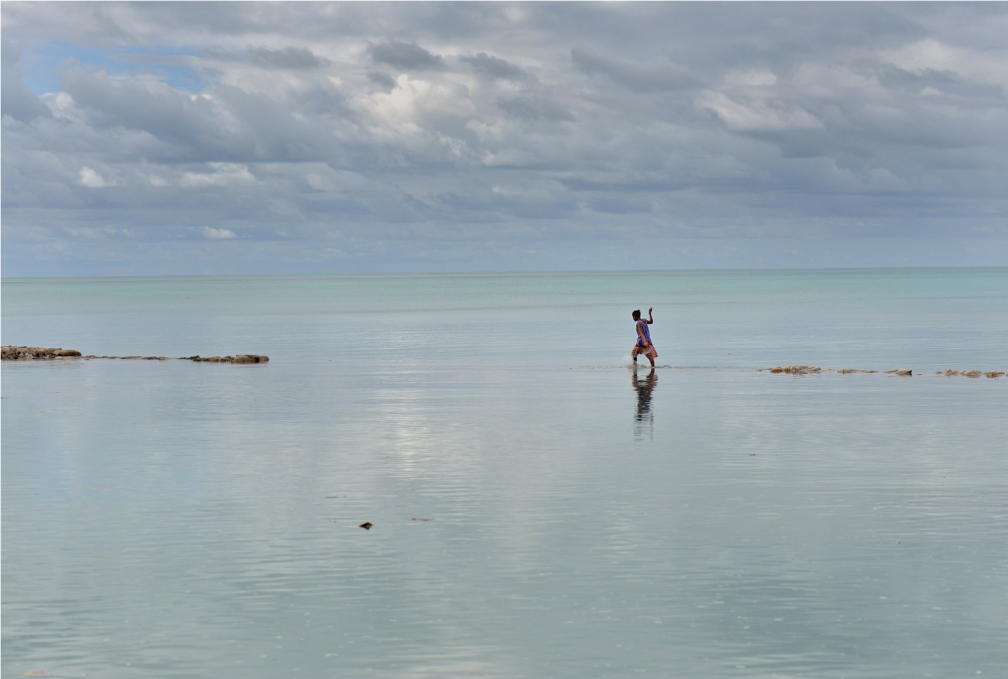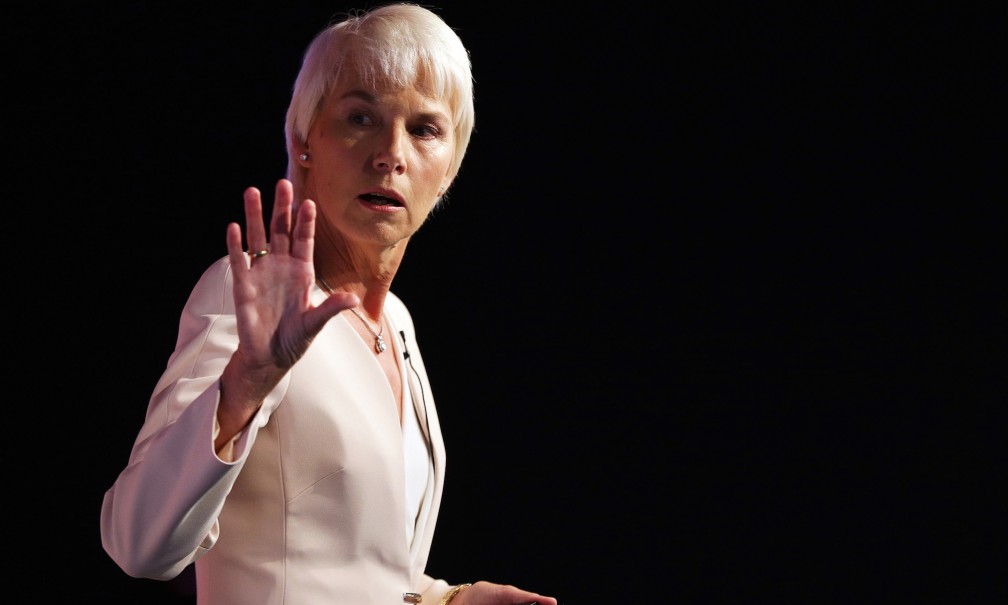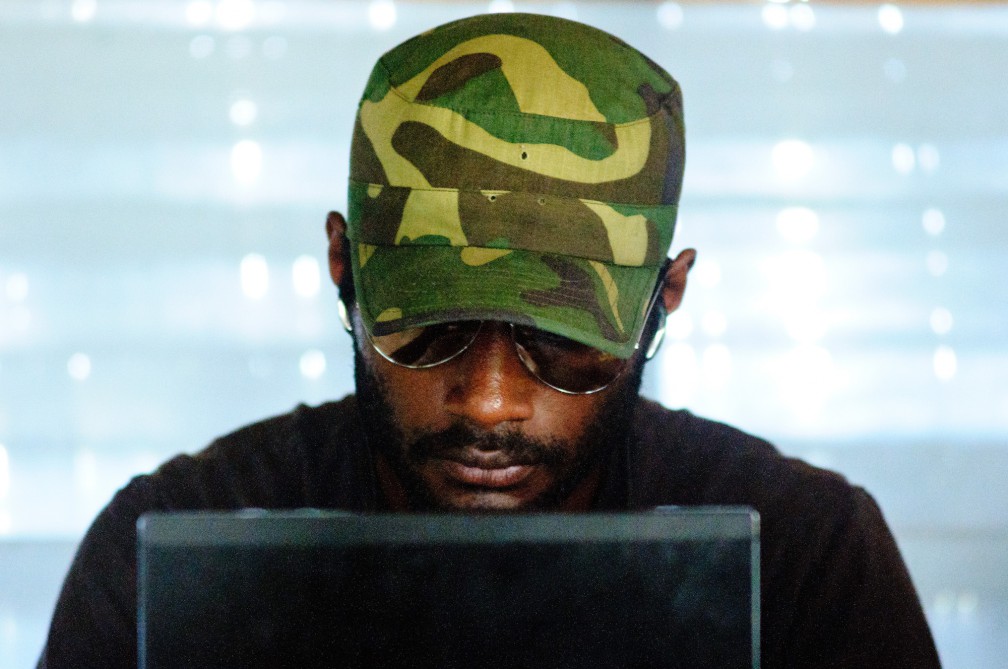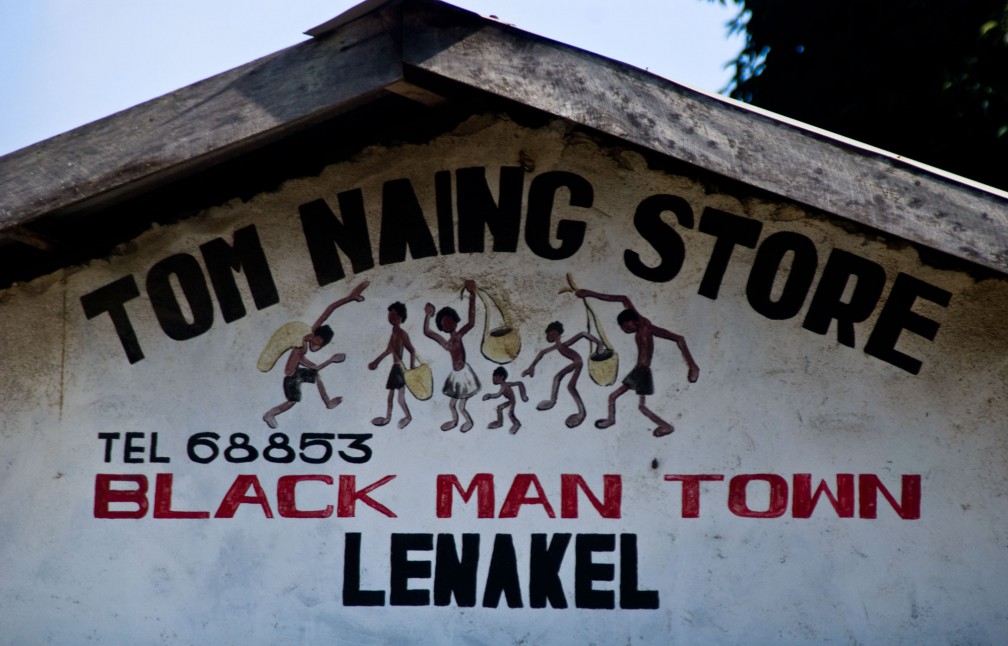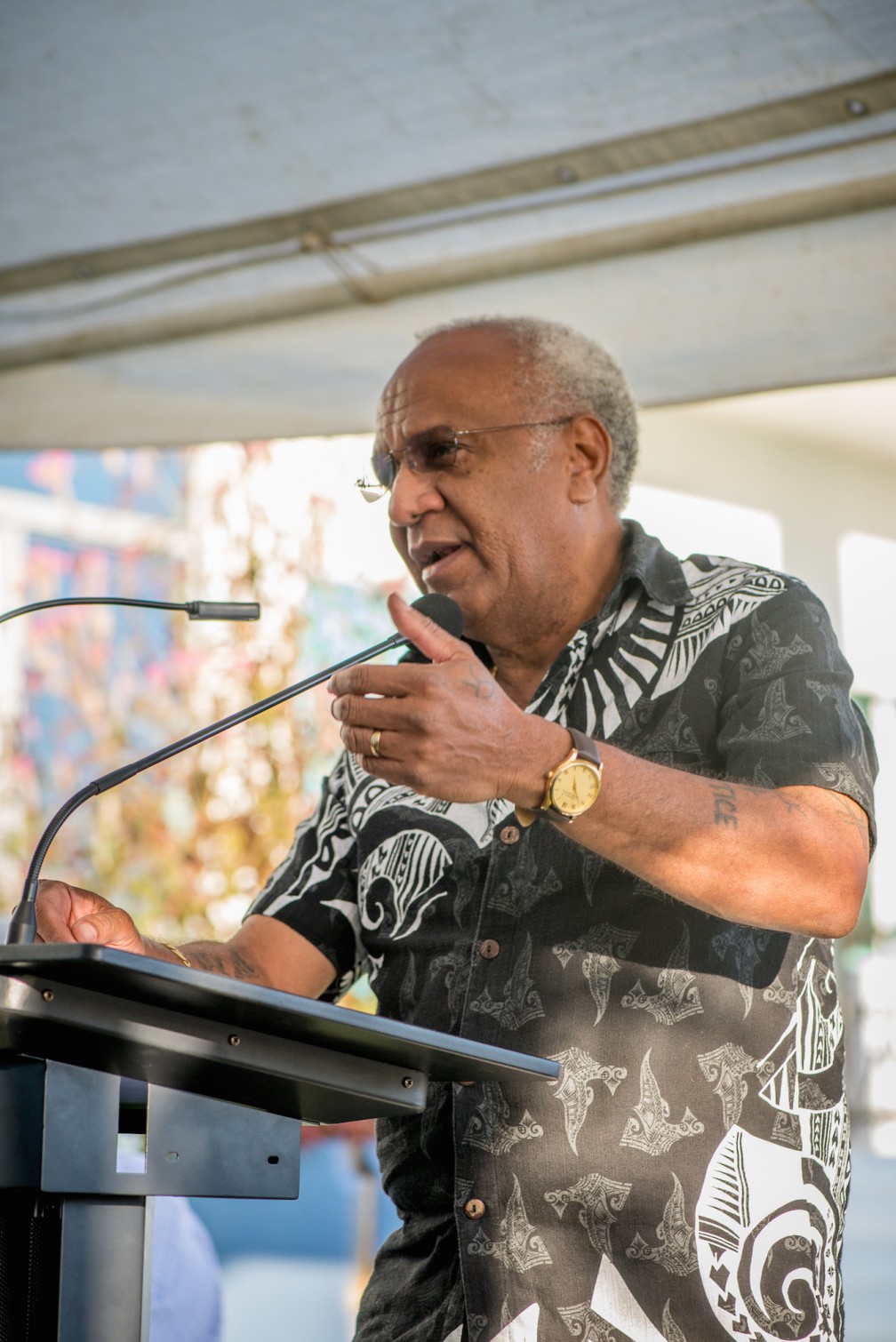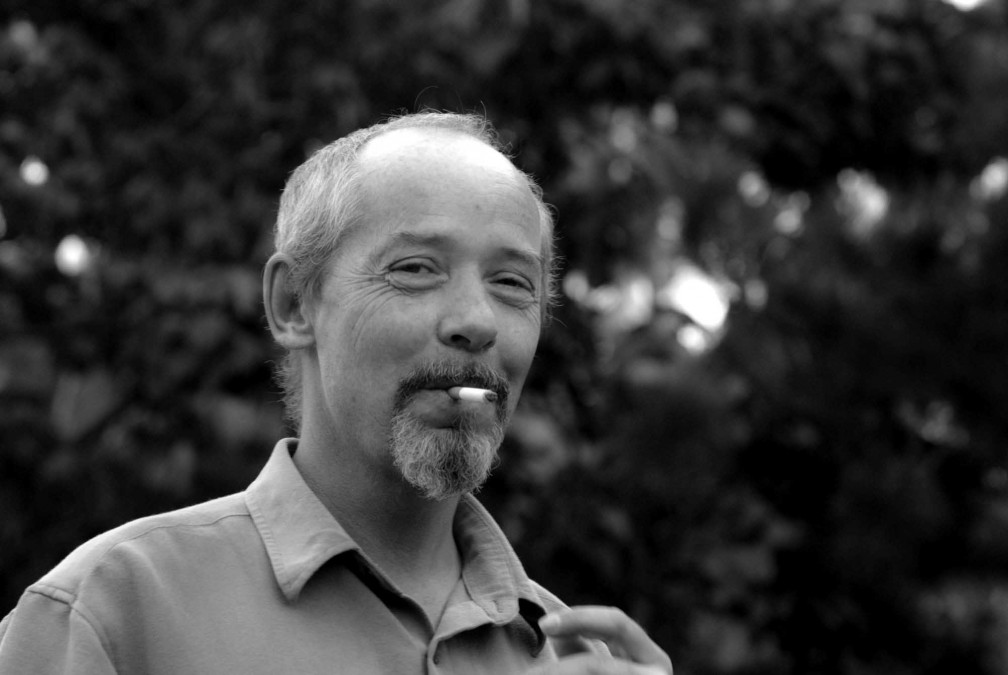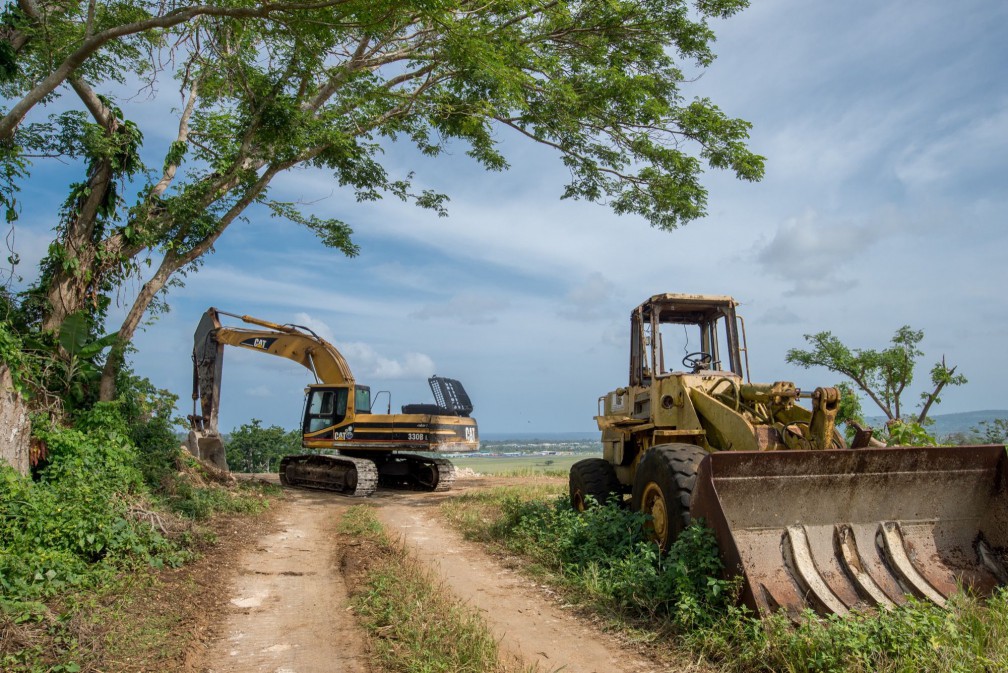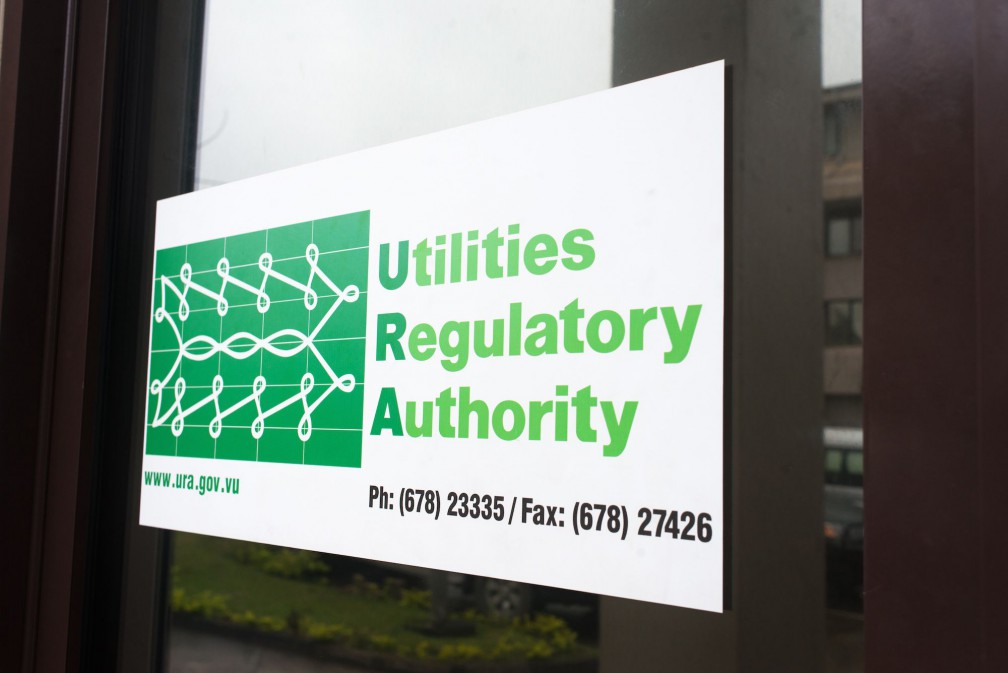All of us, at one time or other, have looked at some new horror emerging on the news ticker from other parts of the world and quietly counted our blessings, whispering, ‘That could never happen here in Vanuatu.’
A story came across the wire yesterday from Hawkes Bay, New Zealand. We’ve re-run it in today’s paper. Mathieu Batick, a twenty-five year-old ni-Vanuatu seasonal worker, was convicted of assaulting a woman and remanded for sentencing.
It’s another story that could never happen here, but that’s no reason to celebrate.
The New Zealand Herald recounts how an astute police officer, realising that a group of revellers had disappeared into an alleyway, reversed his patrol vehicle and checked to make sure everything was all right.
Turning into the service lane, “the headlights shone on a man with pants down standing over a drunken woman who lay on the ground yelling: ‘Leave me alone.’”
Consequently, Mathieu Batick had two charges laid against him: assault with intent to commit sexual violation and indecent assault.
Not only did Mr Batick deny any wrongdoing, he told a probation officer that if he’d done the same thing back in Vanuatu, it wouldn’t have been taken seriously.
The Herald tells us that the woman was drunk and alone and, having just left a bar, was trying to find her way home to Napier at 3am.
Mr Batick admitted that he put his arm around her and touched her inappropriately before he and a friend pulled her into the laneway.
The story is remarkable particularly because it might have been so much worse. The judge is quoted as saying the arresting officer performed “outstanding police work” in spotting and stopping the act before any rape actually occurred.
In Vanuatu, that kind of police work is unheard-of.
The Family Protection Act of 2008 states unequivocally that police must investigate any acts of violence against women or children. It further states that police must enter a domicile if they have a reasonable suspicion that domestic violence is being committed.
Not ‘should’, not ‘may’, but ‘must’.
Our police have a legal duty to protect the public, and are required to take extra care in protecting those most vulnerable to violence and sexual coercion.
We can equivocate and evade, we can hem and haw and hedge all we like; nothing changes the fact that, here in Vanuatu, a woman walking alone at night is in danger. And the police almost certainly won’t help her. It’s not even certain whether her friends would keep her safe, especially in light of Mr Batick’s blithe assertion that pulling a drunken woman into an alley and having his way with her is no big thing.
In many respects, everyone in Vanuatu can rightly be proud of our largely peaceful and harmonious society. But in this respect we should hang our collective head in shame. We need to ask ourselves, ‘how can we make what happened in New Zealand happen here?’

